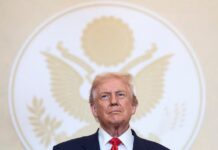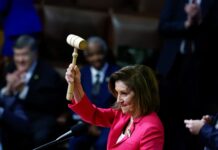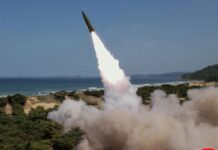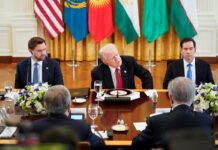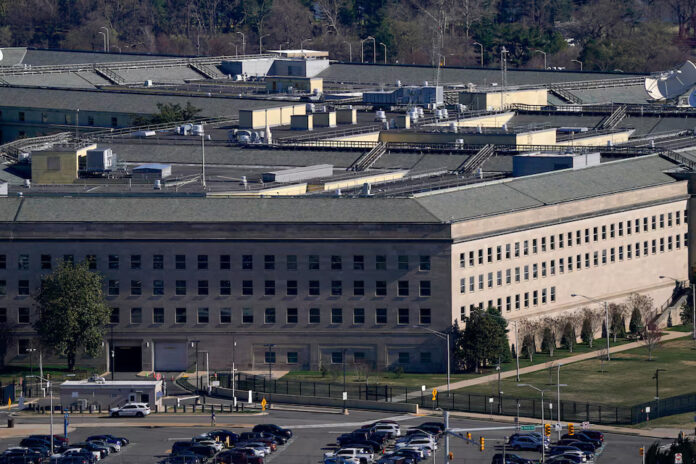
The U.S. Senate on Thursday narrowly blocked a resolution that would have barred President Donald Trump from launching military strikes against Venezuela without congressional approval, underscoring deep partisan divisions over the president’s expanding use of military power in the Caribbean.
The chamber voted 51–49, largely along party lines, against advancing the war powers resolution.
Only two Republicans, Senators Rand Paul of Kentucky and Lisa Murkowski of Alaska, joined Democrats in supporting the measure, which sought to prevent Trump from ordering attacks on Venezuelan territory without authorization from Congress.
The move came amid growing concern in Washington over Trump’s two-month-long campaign of air and naval strikes targeting boats off Venezuela. Administration officials say the operations, which began in early September, have hit at least 16 vessels in the Pacific and southern Caribbean, killing more than 65 people.
While the White House insists the targets were “narco-terrorists” involved in drug trafficking, lawmakers from both parties have questioned the lack of evidence and legal justification for the strikes.
“Nothing in the legal opinion even mentions Venezuela,” said Senator Mark Warner of Virginia, the top Democrat on the Senate Intelligence Committee, after a classified briefing on Wednesday.
Secretary of State Marco Rubio and Defense Secretary Pete Hegseth told lawmakers the administration has no current plans for direct strikes on Venezuela.
But skepticism persists, fueled by Trump’s own remarks suggesting he had authorized covert CIA operations in the country and his continued buildup of U.S. military forces in the region, including fighter jets, warships, and thousands of troops.
“The time is right for Congress to step in and reassert our responsibility,” said Representative Adam Schiff of California, a co-sponsor of the resolution along with Senators Tim Kaine and Rand Paul.
Schiff warned that unchecked executive action risks dragging the United States into a wider conflict without debate or accountability.
Opponents of the measure, led by Senator Jim Risch of Idaho, argued that Trump already has the constitutional authority as commander-in-chief to act in defense of national security.
“I wish my colleagues would join me today in congratulating the president for what he has done,” Risch said.
This marks the second time in as many months that the Senate has rejected an effort to limit Trump’s war powers related to Venezuela. Kaine and Schiff said they are considering reintroducing another resolution following Thursday’s vote.
The Trump administration has maintained that its actions are lawful and necessary to protect Americans from drug-linked threats in the Caribbean, though it has not publicly presented evidence or details about those targeted.
Critics, however, warn that the strikes may violate both U.S. and international law, and could further destabilize an already tense region.
Source: Reuters
Written By Rodney Mbua











